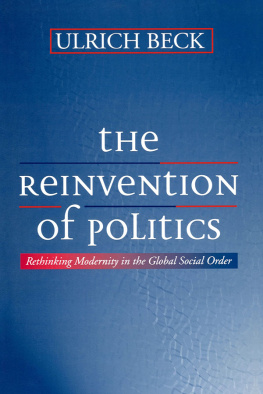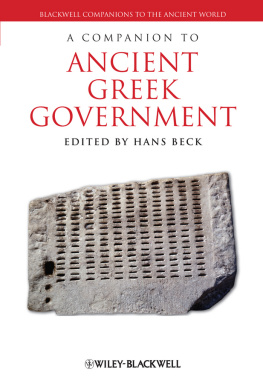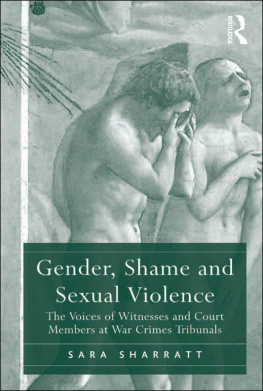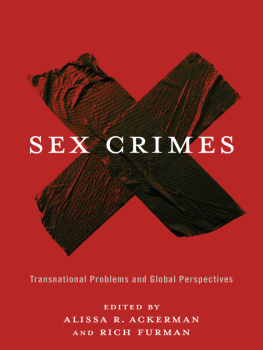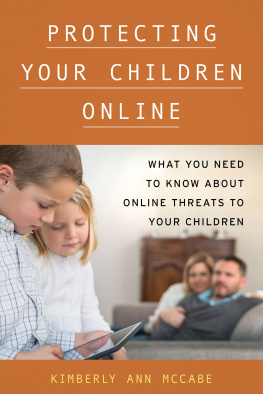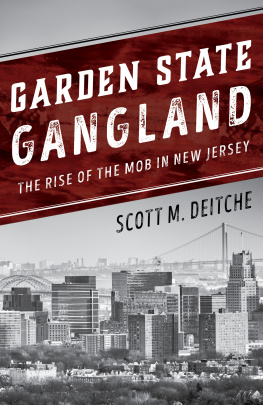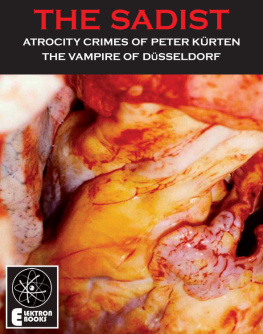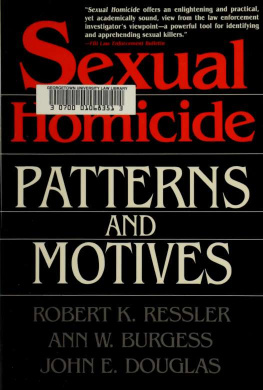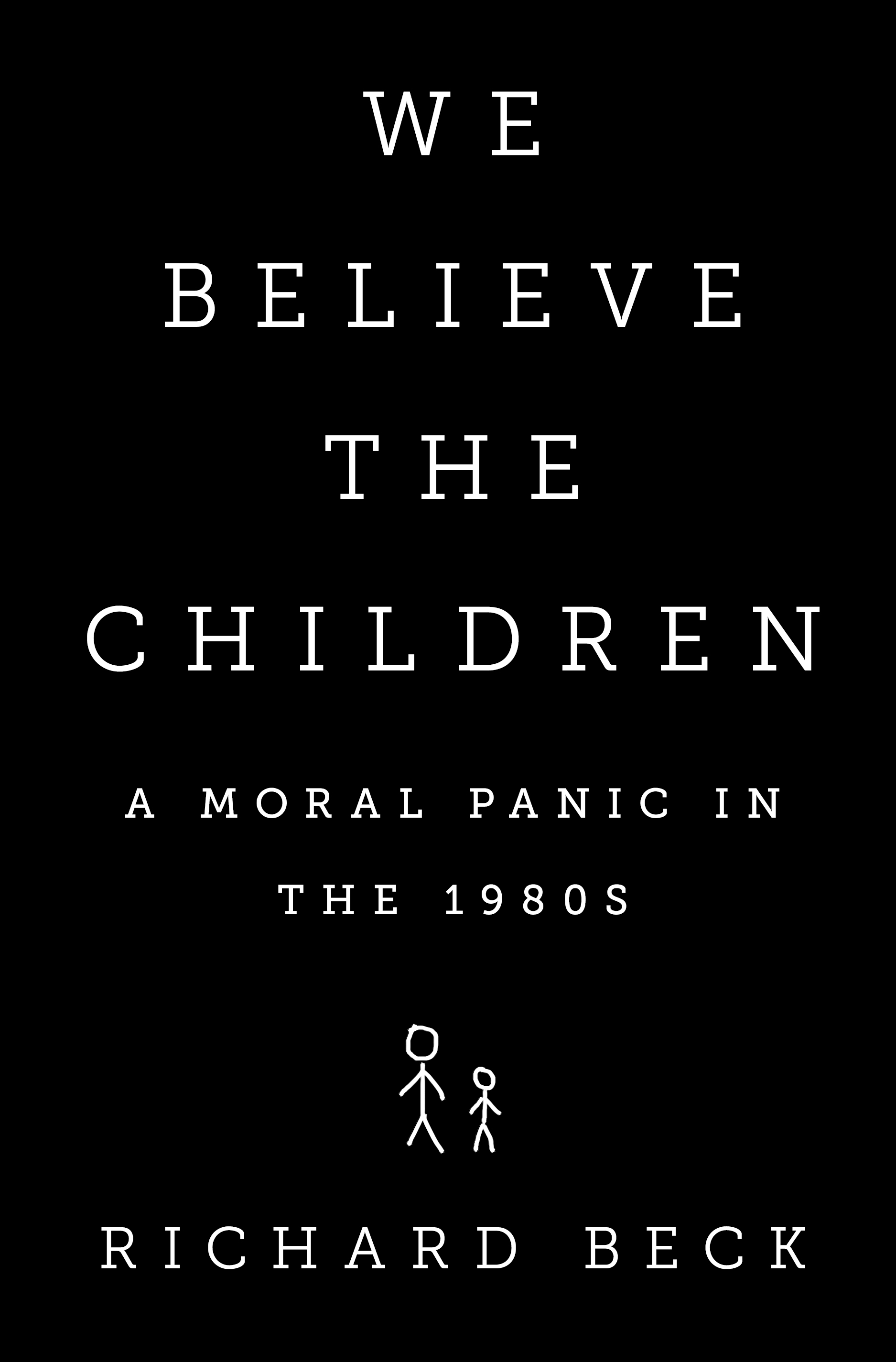We Believe the Children
We Believe the Children
A Moral Panic in the 1980s
Richard Beck
Copyright 2015 by Richard Beck
Published in the United States by PublicAffairs, a Member of the Perseus Books Group
All rights reserved.
Printed in the United States of America.
No part of this book may be reproduced in any manner whatsoever without written permission except in the case of brief quotations embodied in critical articles and reviews. For information, address PublicAffairs, 250 West 57th Street, 15th Floor, New York, NY 10107.
PublicAffairs books are available at special discounts for bulk purchases in the U.S. by corporations, institutions, and other organizations. For more information, please contact the Special Markets Department at the Perseus Books Group, 2300 Chestnut Street, Suite 200, Philadelphia, PA 19103, call (800) 810-4145, ext. 5000, or e-mail .
Library of Congress Cataloging-in-Publication Data
Beck, Richard, 1986
We believe the children : a moral panic in the 1980s / Richard Beck. First edition.
pages cm
ISBN 978-1-61039-288-4 (e-book) 1. Child sexual abuseUnited StatesHistory20th century. 2. Ritual abuseUnited StatesHistory20th century. 3. Child care workersUnited StatesHistory20th century. 4. False arrestUnited StatesHistory20th century. 5. Moral panicsUnited StatesHistory20th century. I. Title.
HV6570.2.B43 2015
362.760973'09048dc23
2015011572
First Edition
10 9 8 7 6 5 4 3 2 1
For n + 1 and for Garry Lee Snodgrass
Contents
In order to protect the privacy of children discussed in this book, pseudonyms have been used in place of given names. These pseudonyms match those used in two other books on this subject: Satans Silence: Ritual Abuse and the Making of a Modern American Witch Hunt, by Debbie Nathan and Michael Snedeker; and The Witch-Hunt Narrative: Politics, Psychology, and the Sexual Abuse of Children, by Ross E. Cheit. Where I mention children not previously discussed in either of these two books, I have assigned new pseudonyms. Furthermore, if a child is referred to by a pseudonym, his or her parents are as well.
I have made two kinds of exceptions to this practice. In cases where a child has made his or her real name a matter of public record by speaking out as an adult, I use the real name. Similarly, given names are used for parents who became public figures in their own rightwho spoke to reporters on behalf of an activist group, for exampleover the course of the investigations and trials. In the endnotes, I indicate whether a real name or pseudonym is used.
Why are the accused witches confessions under torture so like the communications made by my patients in psychic treatment?
Sigmund Freud , 1897
The average American is just like the child in the family.
Richard Nixon , 1972
In the late summer of 1983, residents of a beachfront city in southwestern Los Angeles began to suspect that their children were in danger. In August, the mother of a child who had attended the McMartin Preschool in Manhattan Beach told the police that her two-year-old son had been molested by one of his teachers. In September, police arrested the accused teacher and charged him with three counts of child abuse. They also mailed a letter to some two hundred parents of current and former McMartin students, alerting them to the investigation and requesting their assistance. These parents, by and large, were affluent and successful professionals, often working in real estate or the aerospace industry. Many of them had put their children on a lengthy waiting list in the hopes of getting them into what was, at the time, the most respected preschool in the city. In October, the Los Angeles County district attorneys office asked social workers to interview children who had attended the school, and by November the evaluations were under way. The McMartin Preschool closed down for good, after twenty-eight years of operation, in January 1984.
It would be almost another month before any news organization published or broadcast a report. By that oint social workers had interviewed dozens of current and former McMartin students, and the police investigation had grown considerably. Authorities now believe that at least sixty children were victimized, a reporter with the local ABC affiliate said.
Bizarre as these allegations may have beenone therapist hired by the prosecution used the word unthinkable to describe what took place at McMartinthey were not without precedent, at least not in California. Some 125 miles up Interstate 5, which cuts away from the coast into Californias more conservative and agricultural Central Valley Region, a similar investigation was unfolding. In 1982, Mary Ann Barbour, a woman living in Bakersfield, obtained custody of her stepgrandchildren. Barbour believed that her stepdaughter Debbies two daughters were being molested by Debbies stepfather and that their parents were not doing enough to protect them from further harm. Over the course of interviews conducted by Kern County officials, the sisters reportedly said that they had been abused by Debbies stepfather and their father. As these interviews progressed, the children gradually revealed that they had been suspended from hooks in a ceiling, beaten with belts and other implements, made to perform in pornographic film shoots, and rented to strangers in motels around the area. They said many other children had also been abused. In 1984 the girls parents, along with two other members of what prosecutors said was a clandestine sex ring operating throughout Kern County, were given a combined sentence of exactly one thousand years in prison. More than thirty people were convicted of participating in a network of sex rings.
The word epidemic became an important feature of the political and rhetorical landscape in the 1980s. Whether the epidemics themselves were real, as in the case of AIDS, or imagined, as in the case of crack babies, the rhetoric that surrounded them portrayed American society as menaced on all sides by conspiracies and dire threats. In Niles, Michigan, the son of one preschool owner was sentenced to fifty to seventy-five years in prison. Children at the school said the man had photographed their abuse, made them take drugs, unearthed corpses, and sacrificednot killed, but sacrificedanimals. In Malden, Massachusetts, the owner of a day care center and her two adult children were accused of abusing forty students in a place called the magic room. In Chicago a janitor at a community child care facility was accused of boiling and eating a baby. Other staff members were charged with 246 counts of abuse and assault.
One witness at the Senate Judiciary Committee hearing testified to the difficulty of prosecuting cases that rested largely on the testimony of young and frightened children. She said courtrooms needed to have towels on hand for when kids go in the back room and throw up all over you, they are so terrified. She said that children were the perfect victims of the perfect crime. box, and covered her face with trembling hands. Frank was found guilty. He received a sentence of six consecutive life terms, with additional time added for parole violation. In exchange for her testimony, Ileana received ten years. At her sentencing hearing she was seated next to Dade County state attorney Janet Reno, for whom the verdict represented a significant victory.
The dangers of babysitting services and day care centers became a national news media fixation. Plummeting enrollment numbers and surging insurance premiums forced many centers to close down, and newspapers reported that some day care directors were advising their employees to avoid physical contact with children if at all possible, advice intended not to protect children from molestation but rather to protect employees from accusations of sexual assault. Popular and academic presses published sociological studies on abuse, journalists accounts of some of the early trials, and memoirs by parents of abused children. Their titles effectively suggest the tone of their contents: Unspeakable Acts , Nursery Crimes , Not My Child . All the while, allegations of sexual torture and child pornography production continued to emerge in El Paso and in suburban New Jersey. At the day care center run by the US Military Academy at West Point, rumors swirled about satanic ritual abuse and a possible connection to another army base in San Francisco. In 1984 and 1985, the television newsmagazine 20/20 aired The Best Kept Secret and Why the Silence?, two lengthy examinations of the McMartin Preschool case, which still had not gone to trial. Choose a nursery school very carefully, reporter Tom Jarriel warned. At the end of one of these segments, Jarriel emphasized that the defendants in this case are innocent until proven guilty. But rather than take up this line of thinking even for a moment, anchor Hugh Downs immediately pivoted back to the assumption that lay at the foundation of the whole broadcast. How deeply marked are these children, Tom? he asked. Will they ever recover from it?



